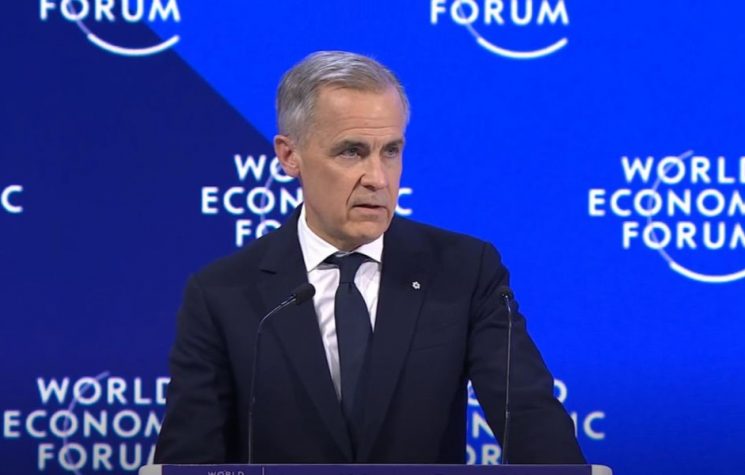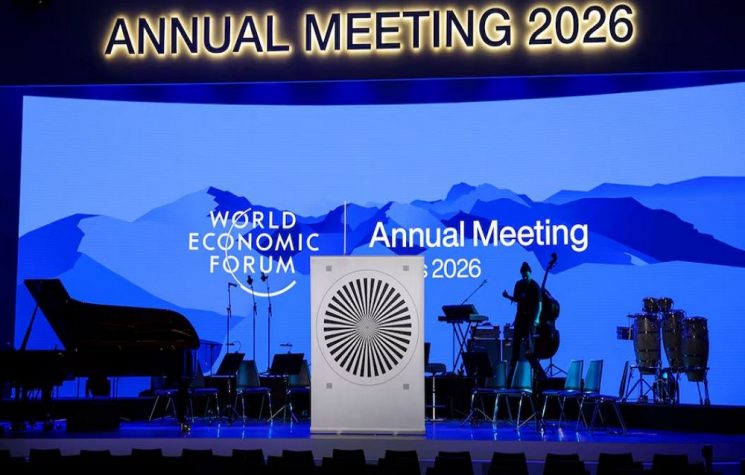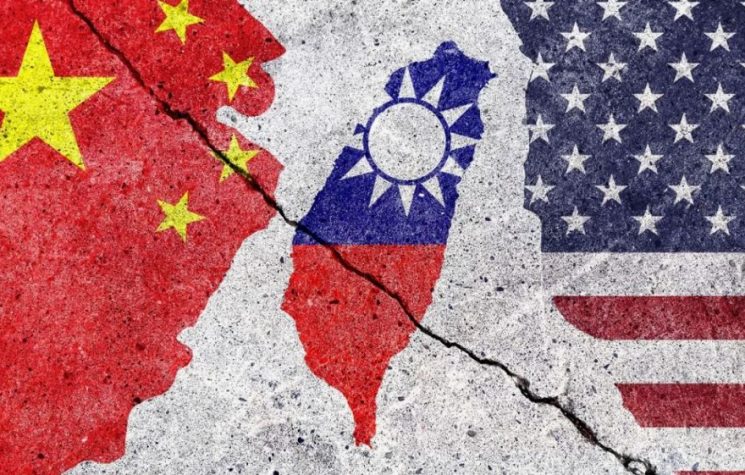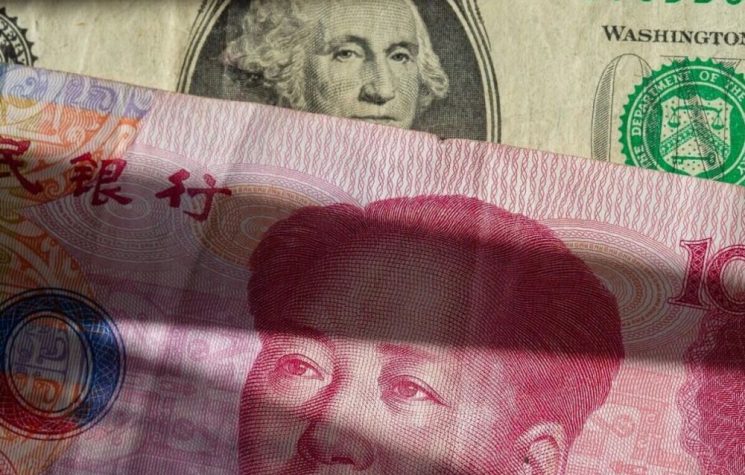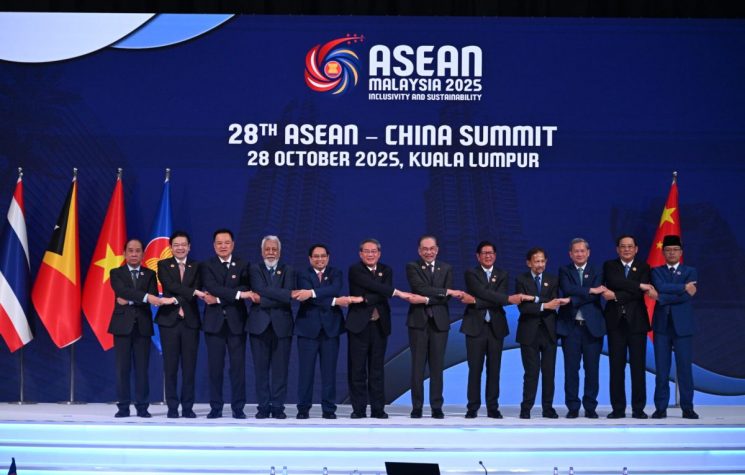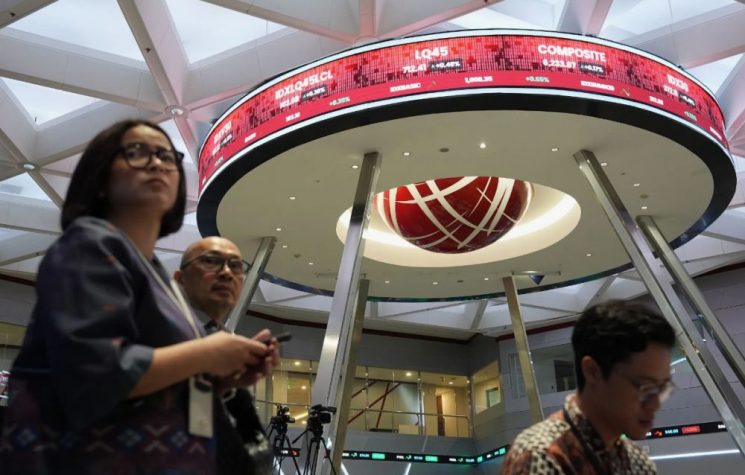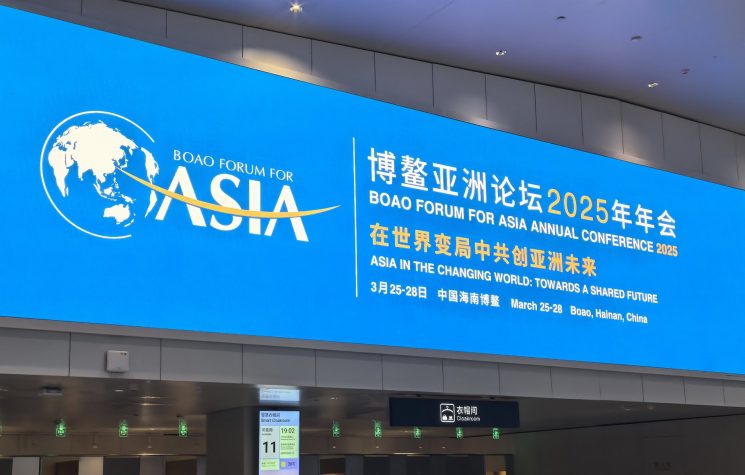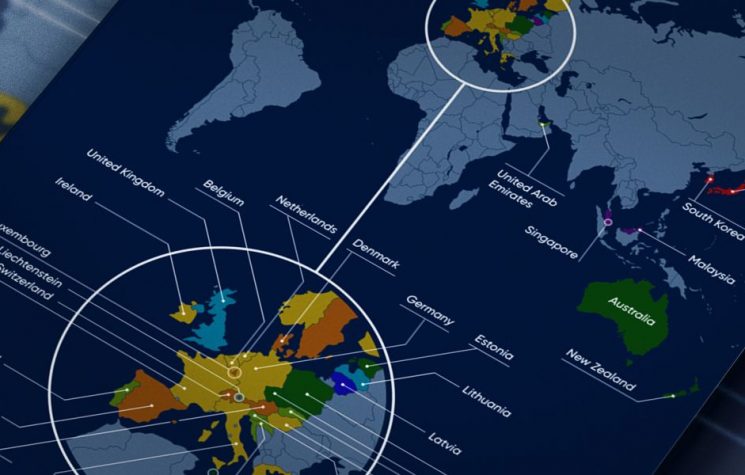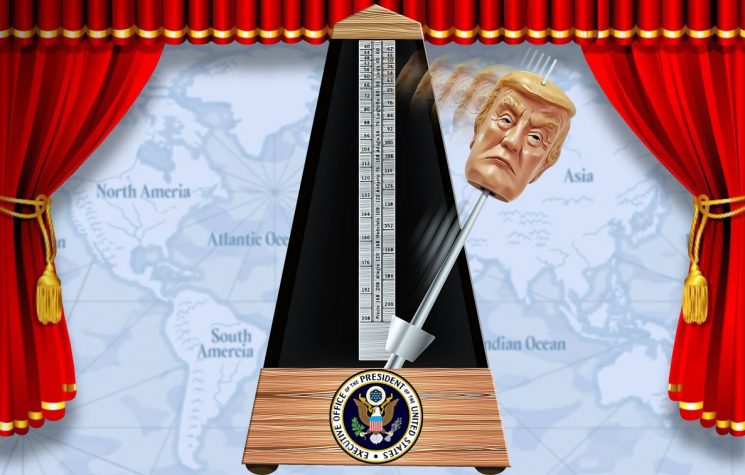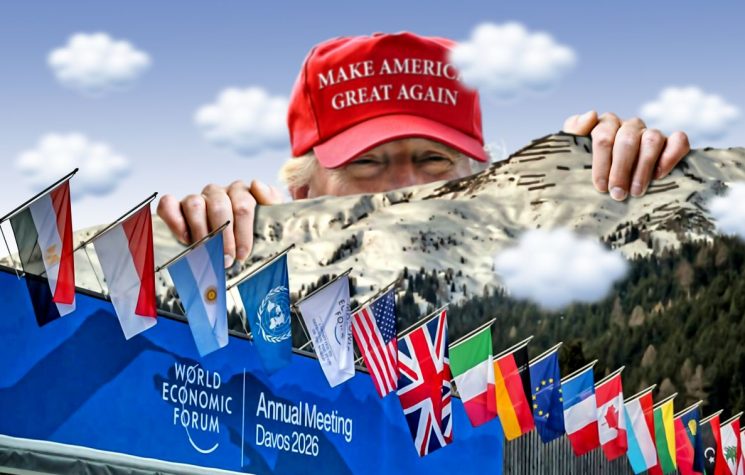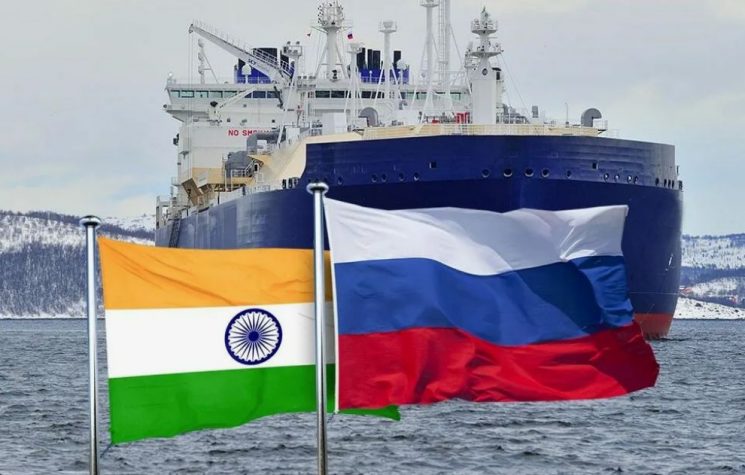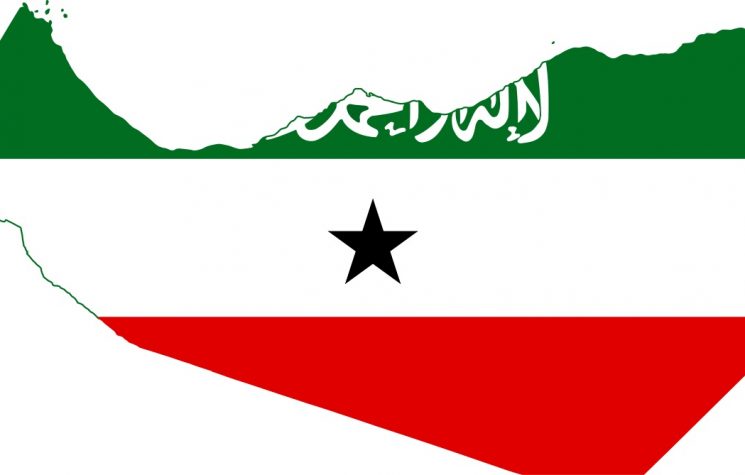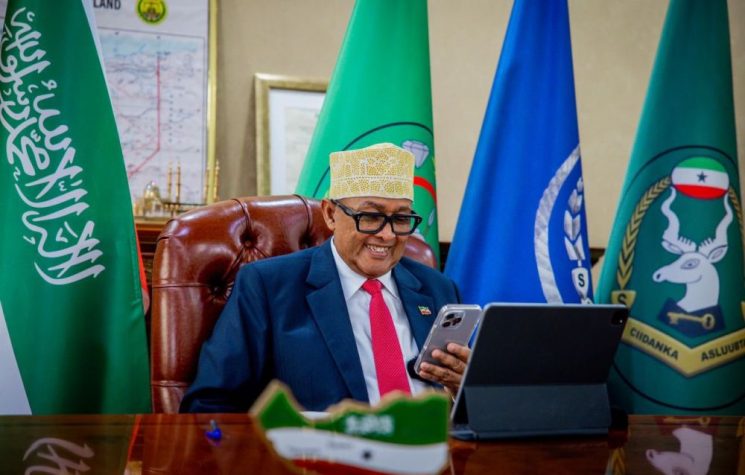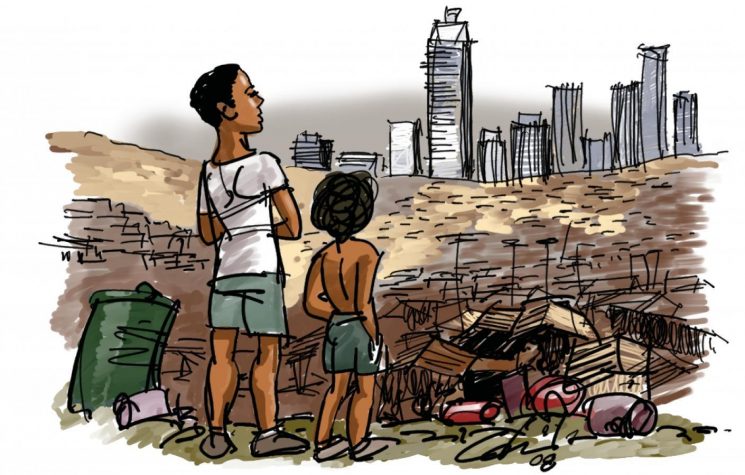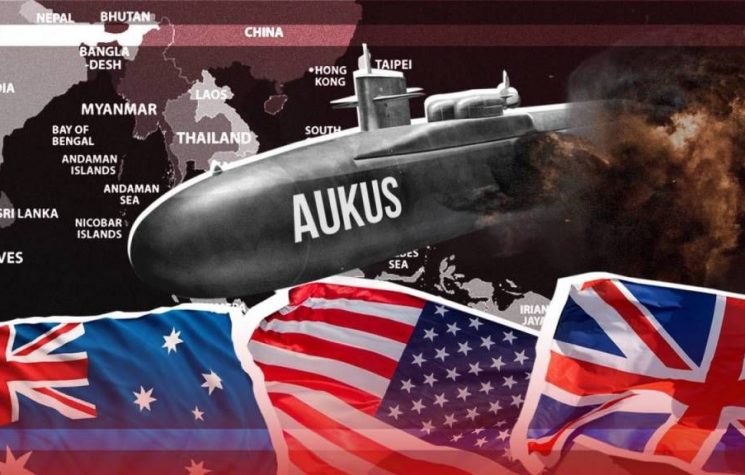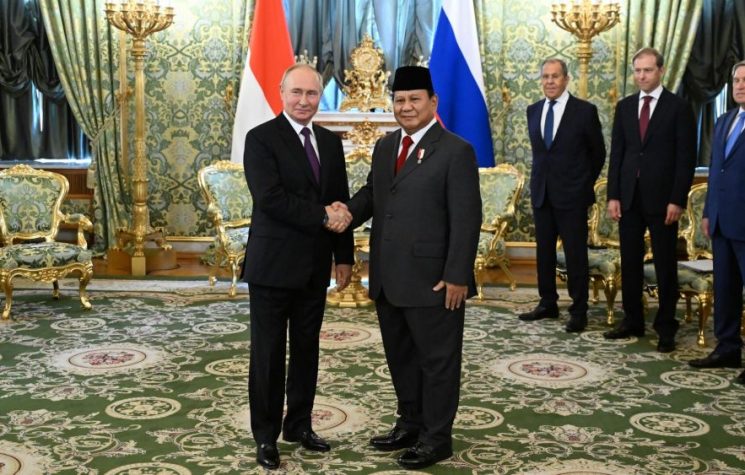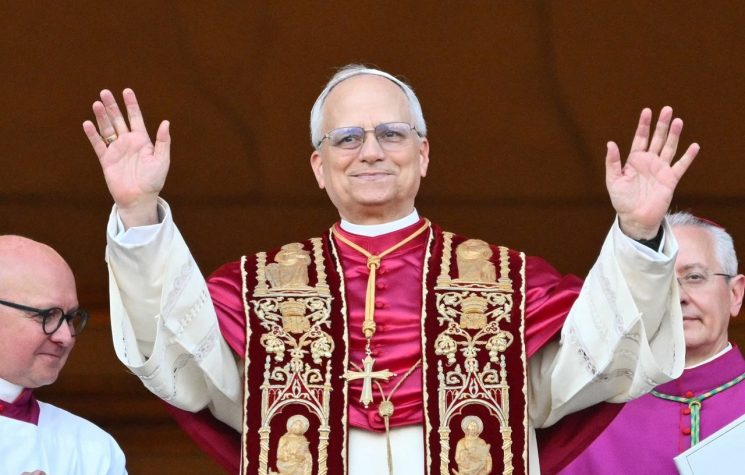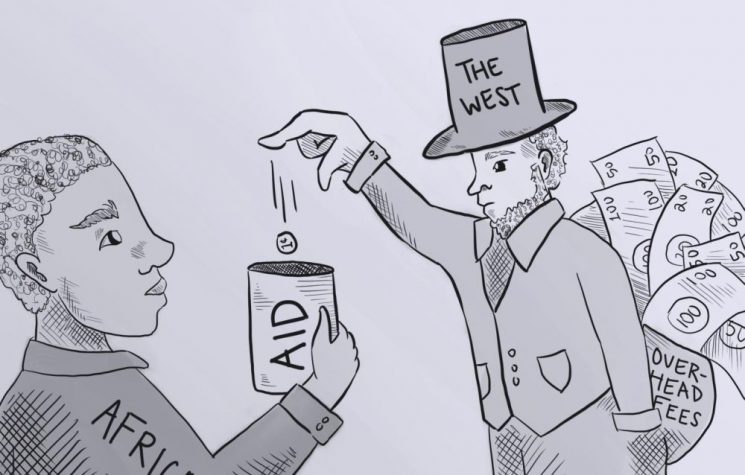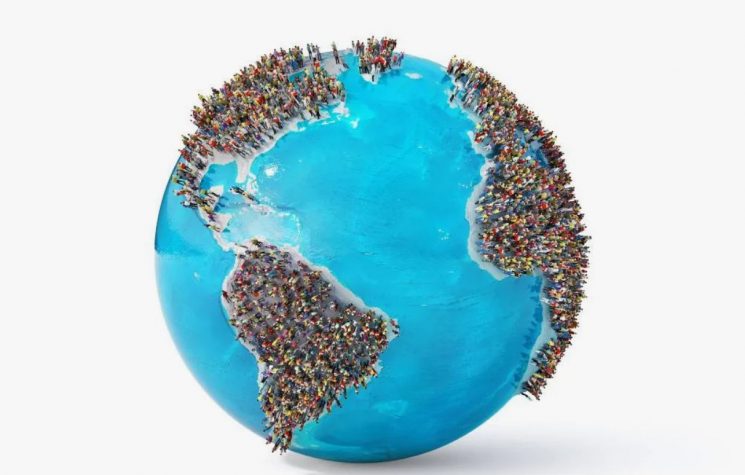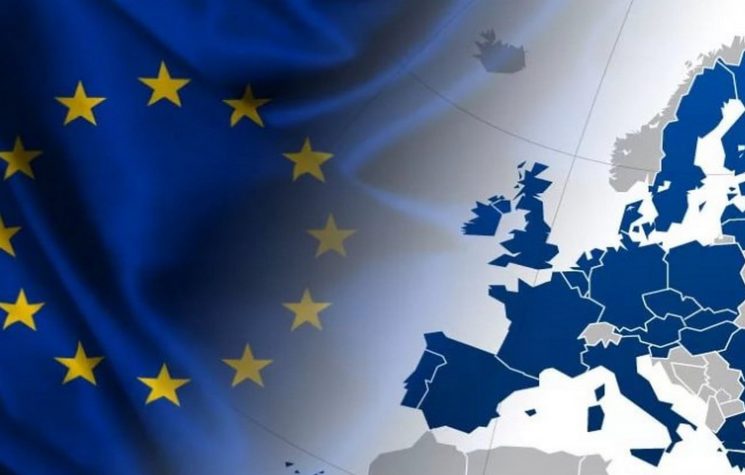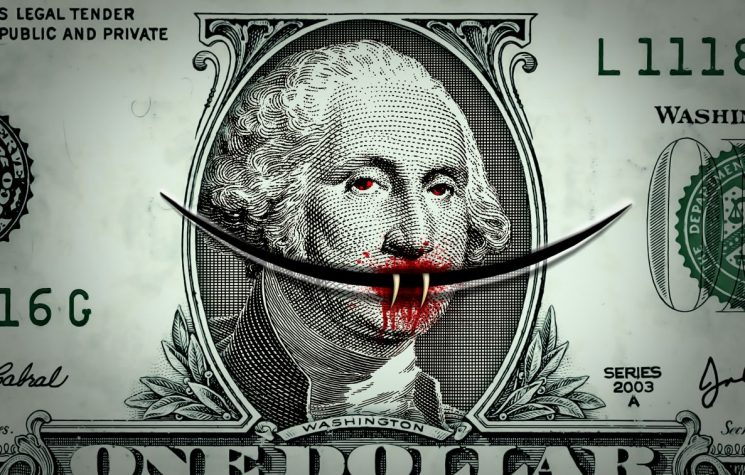Davos annual meeting comes across as rather outdated and obsolete with its now heavily tarnished global image all the more so.
While geopolitics is threatening to deal a heavy blow and most probably demolish the world created in the cauldrons of Davos, as has the Financial Times voiced their concerns, and surely not without a series of justifiable reasons, one of the unexpected leaders of the Global South, Indian PM Narenda Modi, rebelliously self-confident, said in his address to the world: “Our time is yet to come. We are all those who are not the Collective West ‘made to Davos measure”. Moreover, even the U.S. CNN couldn’t help noticing, this year’s Davos meeting (aka the Davos annual “gab fest” as Rowan Dean, Sky News Australia famously called it) has attracted a record number of visits but its relevance appears to be dwindling and slowly but surely vanishing into political void. Davos annual meeting comes across as rather outdated and obsolete with its now heavily tarnished global image all the more so.
The overwhelming fear this year’s WEF in Davos is frantically obsessing about internalizes the fact that the long-lasting period of peace and prosperity and global economic integrations is regrettably drawing to an end – not even the Financial Times try to handle the perils of their own pessimism in that they seem to specify to the smallest minutiae, who did prosper in that famous and infamous Collective West in the period of global integration, which has existed so far but is in a terribly precarious position now.
The conflict in Ukraine has shown the ways the war can suddenly sever the ties in economic relations on the foundations of which the globalization has been built so far. The European Union seems to be drastically reducing the import of Russian energy supplies and in so doing it further foments the inflation in Europe and renders some of its industries grotesquely uncompetitive and regrettably redundant. The politicians and industrial moguls are now casting scrutinizing looks along the horizon and beyond, in their comically concerted effort to possibly spot the next ominously pernicious threat. It sounds only too eerie that the London-based newspaper forecasts with a proverbial admonishing finger in midair. The U.S. channel says that this year in Davos, one cannot help noticing the absence of U.S. President Biden, the French President Emanuel Macron and British Prime Minister Rishi Sunak on one hand and the leaders of India and China Xi and Modi on the other. Some of them were obliged not to attend because of the backlash on their home turfs because Davos has become the toxic symbol of inequality and brutally merciless international capitalism.
There is surely a very good reason for this tarnished reputation, because in the last two years apparently, 1% of the richest of the rich have accumulated even two times bigger “new riches” than the rest of the world altogether. Those leaders who believe this is “not OK” such as Xi and Modi, did not attend Davos because they were otherwise engaged and they had to prioritize. But to get back to truly serious world leaders, PM Modi was absent for a good reason because instead of WEF, he addressed his audience in the Voice of the Global South Summit. Unlike that overwhelmingly pathetic pessimism in Davos, Modi’s voice was brimming with rebellious optimism. It is blatantly obvious that the world is in the grip of the global crisis. It is difficult to foresee how long this state of uncertainty will last – Modi started his elaboration and then went on to get across what is to come next. “We shall have the biggest share in this in the future. Three quarters of mankind live in our countries and we need to have an impact commensurate with that share and number. Therefore, whilst the eight decade long global governance behind us is gradually changing, we need to aspire to shape the emerging world order. The peoples and nations in the global South should not be deprived of the fruits of the global development out of purely selfish reasons. It is incumbent on all of us together to reconstruct our common political and financial governance. Only that can multiply our opportunities and increase prosperity”. All that, Modi points out, may happen with the respect for all nations, rule of law and peaceable resolution of all differences and disputes and the reform of international institutions, including that of the UN, so as to render them more relevant.
By the way, Russia has publicly supported this request by India to be granted the continual seat in the UN Security Council. “Despite the challenges the world is facing I remain an optimist,” Modi sends a clear resounding message. “Our time is coming. In the past century we have been helping each other in our struggle against foreign governance. We can do that again in this century so as to create the new world order, which will in turn ensure the well – being of our citizens” – says Modi. And not only him. An almost identical message was sent from Cairo, Egypt. After a meeting with the Arab League officials, the new Chinese foreign minister Qin Gang said “We have agreed to work together towards creating the new world order based on the rule of law and equality of the whole humanity, dedication to human values of the whole civilization together with their adamant refusing to politicize human rights issues and their (ab)use as a mere political ploy to interfere in the internal affairs of individual sovereign countries.” He did not utter this out loud and there was no need to do any such thing other than in this Qin Gang’s filigree diplomatic style, though it was blatantly obvious who Qin Gang was referring to.
Truth be told, the clear signs of the new non-Western world order are rapidly proliferating. Not only that 85 % of mankind have not joined “the Collective Biden” sanctions against Russia but as an example, thanks to these sanctions, India is now importing 33 times more from Russia than before. Iran, regardless of the U.S. sanctions on them, is now exporting more of its oil than before the sanctions. And the Republic of South Africa, as one very good but a somewhat different example, is dismissing the raging wrath expressed by the Collective West because of their (i.e. South African) marine military exercises with Russia recently. But as its key point, after Xi Jinping announced in Ryadh recently that China will be paying Saudi Arabia for Saudi oil in yuan, the Saudi Finance Minister confirms with a dollop of irony from Davos that the situation is abundantly clear that they will not sell oil exclusively in U.S. dollars. And, South African Minister of Foreign Affairs, Naledi Pandor reveals that more or less since 2014 the BRICS countries have been working hard on creating an alternative to the dollar system. All the projections tend to indicate that by 2030 China and India economies will be the biggest economies in the world and Russia will graciously overtake the economies of Germany and Japan.
The new world order is not a mere buzzword for the idle ones any more. One cannot but wonder who will shape it and in what manner: economically, financially and politically. Will the Collective West do their diabolical best to prevent that from happening by resorting to what they have always done: the truly global world war and possibly aided with nukes?












